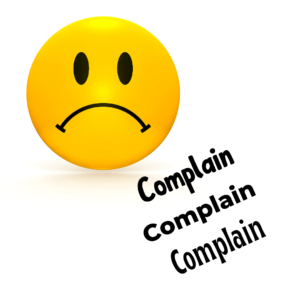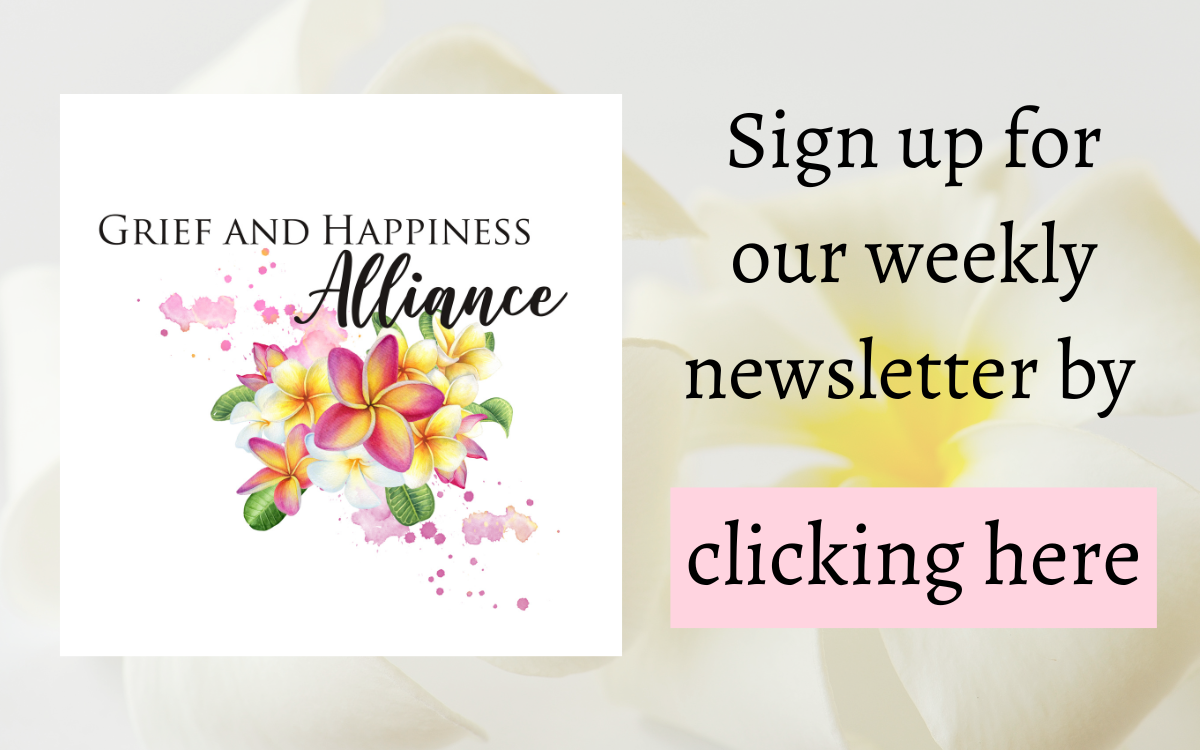
Those who know me know I frequently ask people to not say “I’m sorry for your loss.” This phrase grates as trite and something people say out of a sense of obligation to recognize someone’s loss then rush on to what they actually want to talk about.
I just got home from a nine hour flight where I binge watched the series “And Just Like That . . . .” because I heard it deals with loss in many different ways. While the subject matter of the show won’t appeal to everyone, one particular line caught my attention.
In an effort to offer condolences, a character said that dreaded “I’m sorry for your loss.” The person responding said “I’m sorry for our loss.” That took my breath away. Finally someone gets it. Sharing grief multiplies the comfort of community.
A person who is offering sympathy is often grieving for the same person, or they may be grieving someone else. All of us are grieving someone or something most of the time. The challenge comes when we lack support and comfort. By saying “our,” we bring the person speaking into our circle.
Saying “I am sorry for our loss” can open communication by recognizing your own grief and recognizing the grief of someone who is trying to support you.
Next time someone says, “I am sorry for your loss,” be a mirror to them with your reply. This can lead to a deeper friendship and the warmth of understanding.
To each person reading this, I am sorry for our loss.
Get your Awaken Your Happiness Journaling Guide at no charge by clicking here: https://www.griefandhappiness.com/pl/2147595767
You can join the Grief and Happiness Alliance which meets weekly on Sundays by clicking here: https://www.griefandhappiness.com/offers/ytK7eLBa
You can order Loving and Living Your Way Through Grief by clicking here at Amazon.
https://www.amazon.com/Loving-Living-Your-Though-Grief/dp/1642504823/ref=tmm_pap_swatch_0?_encoding=UTF8&qid=1658356016&sr=8-1
You can listen to my podcast, Grief and Happiness, here. https://podcasts.apple.com/us/podcast/loving-and-living-your-way-through-grief-with/id1509589686?i=1000535381763





